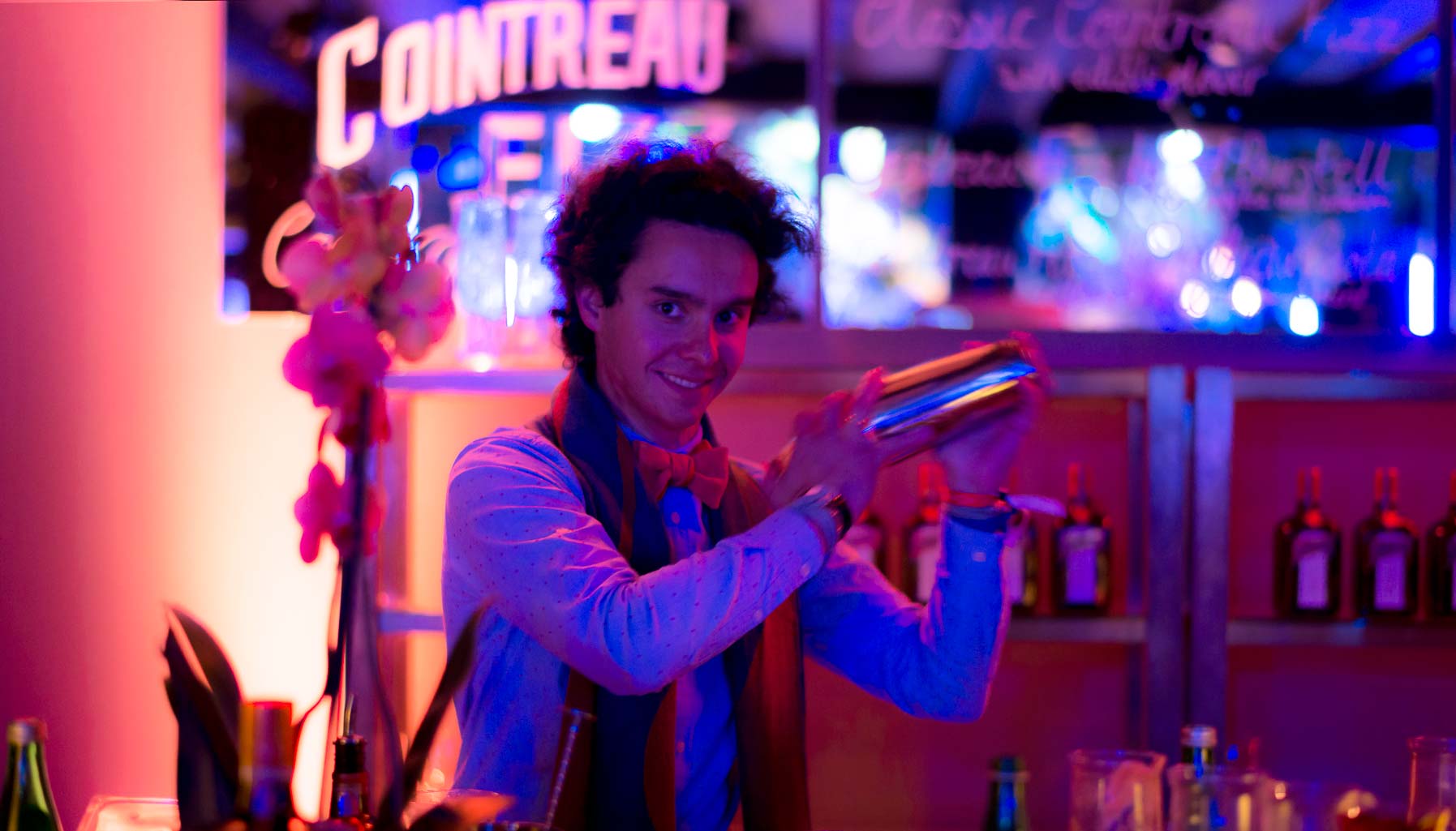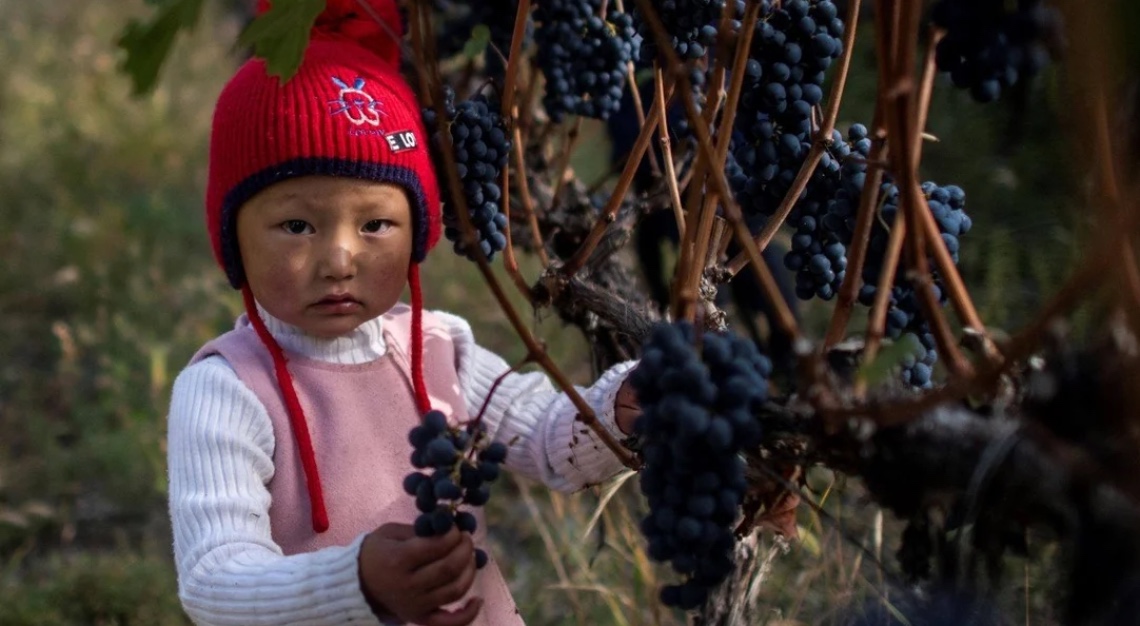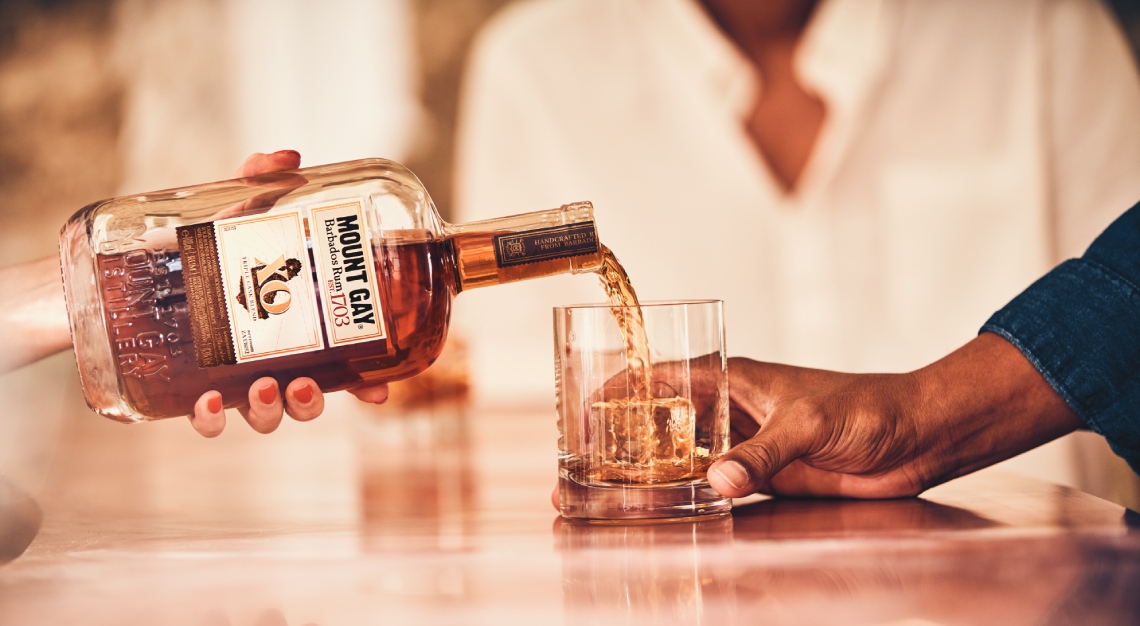Young blood

Alfred Cointreau, the 30-year-old scion of the Cointreau empire, is part of a wave of youthful head honchos charged with engaging a new generation of tipplers who are becoming increasingly sophisticated in their tastes.
As the sixth generation to work for the famed triple sec drink of the same name, Alfred is charged with expressing and building on the long heritage of the family-run brand that is more than 160 years old.
Being the sixth-generation Cointreau must be challenging.
When I joined the company five years ago, a lot of people wondered if the pressure of being a Cointreau would be too much, but I’ve come to know the business from the ground up, including working on the bottling line. Of course, it’s still my name on those bottles, so there’s an incentive to not do anything stupid. That said, every generation wants to represent itself differently. In fact, the Cointreau bottle shape was radical for its time and that was designed by Edouard Cointreau, the second generation, when he was still young too.
How does your generation view your product?
A drink like Cointreau is much more than the drink now – it’s the history, the presentation, the chat with the bartender. Generally, people want to know what they’re buying.
The drinks industry is more focused on the small scale now. Is that a problem for a global brand?
We’re part of an industry that is seeing a boom in micro brewers and craft distillers, that celebrates the local and the special rather than just the big international brands, so we have to keep that in mind. We launched Cointreau Noir on that basis. It’s from a 1903 recipe and is more a connoisseur’s drink, appealing to those who enjoy a rum or whisky neat with ice.
You’re always on the move, telling the Cointreau story. What have you learned?
When you travel as much as I do, you realise just how different the attitudes to drink are between cultures and countries. The French, for example, still educate their children from a young age to drink with a meal. In the US, it’s more about cocktails. So it’s always a challenge to make Cointreau relevant to different ways of drinking. We’re lucky in that it’s so versatile. You can use Cointreau in your cooking, have an aperitif while you cook, a digestif after and then a cocktail later.
Inevitably you must drink a lot. How do you cope?
When you have Cointreau in your blood you develop a resistance to alcohol. I get offered a lot of drinks so I tend just to sip and not finish many of them. When I started with the company I quickly learned to drink a lot of water — one glass for every glass of anything with alcohol in it. It works. I only have one or two hangovers a year. A good cocktail helps me get over those.
Cointreau is one of those drinks that has claimed to be the product of a secret recipe. How often are you asked to reveal it?
For me, looking after the heritage of the brand is based on an idea that came from my grandfather. When I was 11 he decided it was time I knew the recipe for Cointreau. I was very excited at being let into this big secret. So, he told me all the ingredients and there was nothing unusual.
He turned to me and said, ‘What did you expect – that we put flour in it or something?!’ I was a bit disappointed. But the lesson there was that it’s not about the ingredients. It’s about the art of distilling. That’s what’s important to maintain through the generations.






